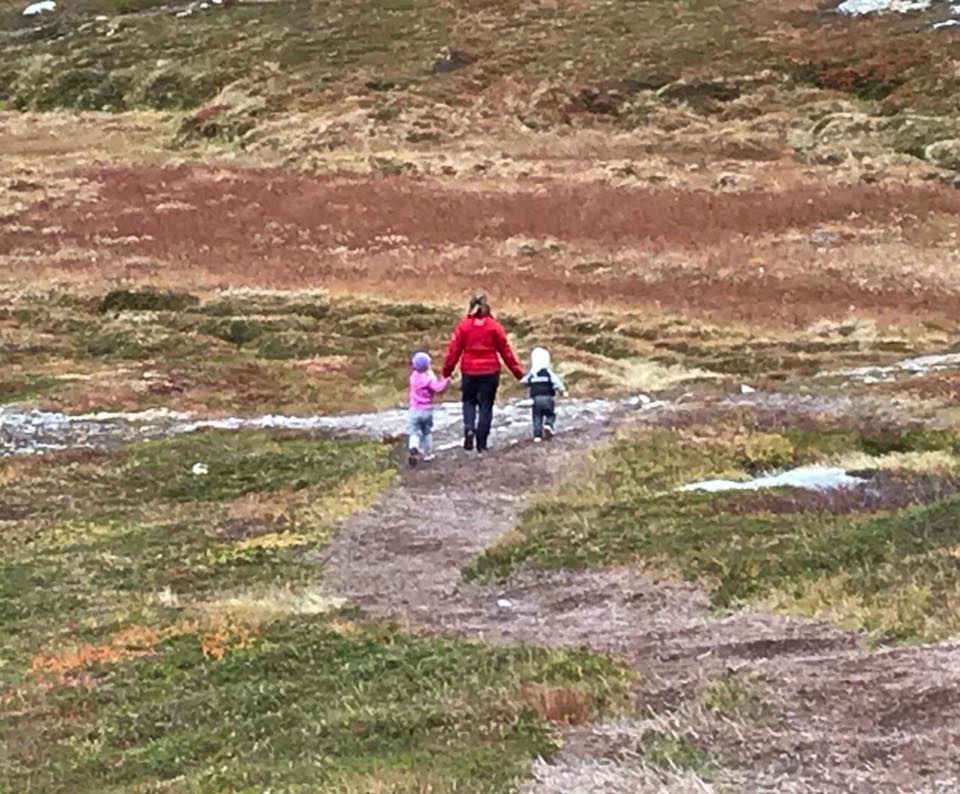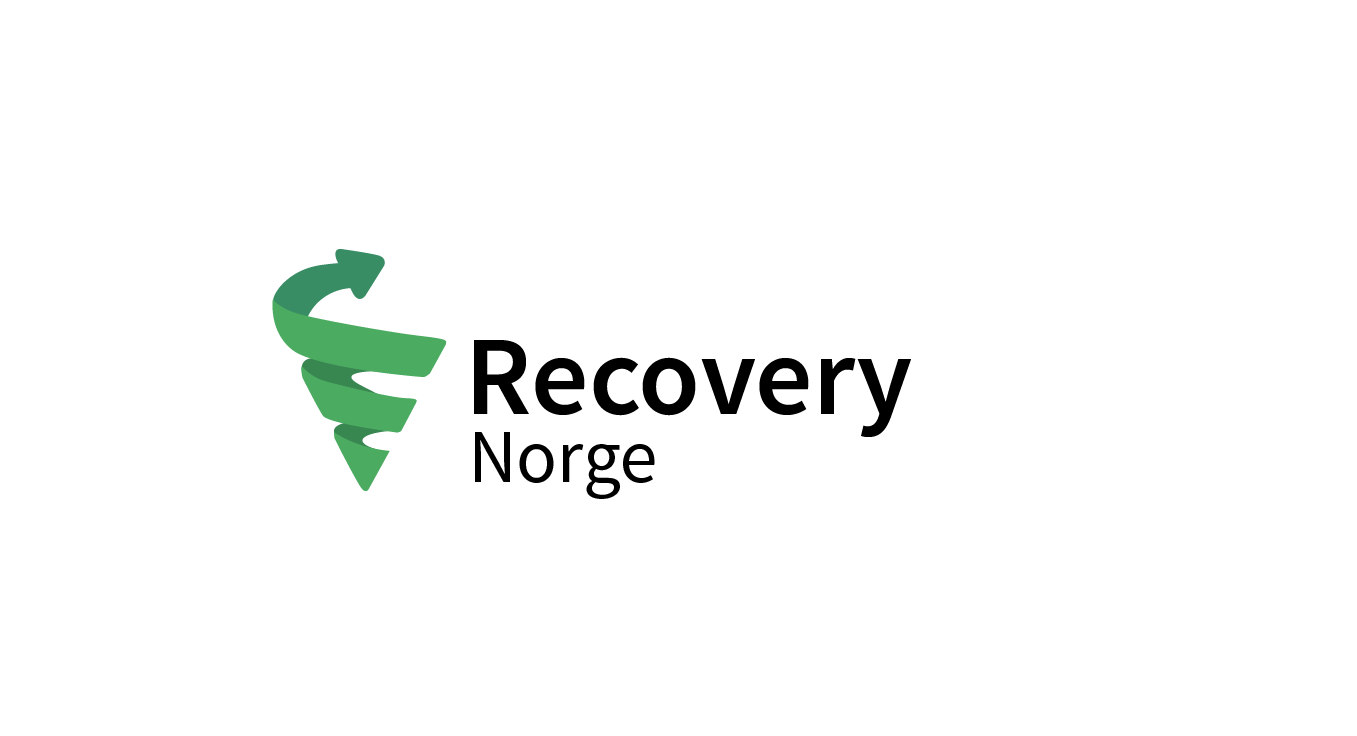Author: Anonymous
When Recovery Norway was founded, it immediately resonated with me. I thought it marvellous and inspiring that people could testify to recovery through what one might call psychological mechanisms. A member of my own family recovered from ME after an LP course. As a psychologist I am also very keen to understand a person as a complex being that is constantly affecting, and in turn affected by, whatever takes place both inside and outside us. The distinction between the physical and the psychological is artificial, and it amazes me that there are still medical people who talk as if there must be an either/or.
But then it dawned on me that my strong feelings in this area were due to something a lot more personal; for I, too, have had an unexplained medical disorder. The doctors could neither explain why I was ill, nor help me. But I did get well.

It started when I was 10 years old. I received a strong blow to my elbow that made it go numb and powerless. Normally my arm would have improved quickly, but this time it did not. It felt quite foreign to my body and very odd; it just hung limply down. It was as if the muscles were out of action, and the skin felt numbed. My mother took me to the doctor, who examined me, but found no explanation.
In a wheelchair with conversion disorder
Weeks passed, and my arm was just as feeble. Then I began feeling pins and needles in my legs, and gradually the sensation and muscle power vanished there, too. My second arm followed suit. In the course of one month, I went from being an active girl with many leisure activities to a girl in a wheelchair, in need of assistance. I was admitted to hospital and underwent all manner of examinations. Some of the tests came up positive, but nothing made any sense or led to a clear diagnosis. It was then they started using the word “psychological”. To me that meant they thought I was just making it up, that I craved attention and wasn’t actually ill. Perhaps it wasn’t just I who felt they did; perhaps it was indeed what they were thinking.
It felt as if it was my own fault that I was ill. That gave me feelings of shame, self-reproach and a bad conscience
I was diagnosed with conversion disorder. That means disruptions in physical functions with neurological, sensory or motor symptoms that cannot (fully) be explained by known medical causes. I did not understand why my body had “gone on strike”, and I don’t suppose anyone else did, either. Since they found no other cause than the psychosomatic, it felt as if it was my own fault that I was ill. That gave me feelings of shame, self-reproach and a bad conscience. I certainly understood that psychosomatic illness had a very different status from “physical illness”.
Mum took it hard
However, there was someone who took my diagnosis even harder than I did. This was my mother. She fought hard and moved heaven and earth to find another – physiological – explanation for my illness. She could not live with the idea that her daughter was in a wheelchair because there was something wrong in her head – or even worse – in our family!
She could not live with the idea that her daughter was in a wheelchair because there was something wrong in her head
The doctors at the hospital gave up on me and wanted to send me to the infamous government centre for child psychiatry. Fortunately, my mother was able to prevent that. Months passed, and I got steadily worse. I was now having problems chewing and swallowing and could only have liquid food. I did not go to school, and no friends came to see me.
Kept trying
I was a proud, independent and social girl who used to succeed in most things, so it felt terrible, to put it mildly, to be isolated and in need of help with everything. I wanted nothing more than to be well again, but how could that possibly happen when there was no treatment?
I wanted to get up as soon as he had finished praying. It didn’t go that well, but I did not give up
I actually hit on the “solution” myself. I believed in God like children do, and I had heard of a man with “warm hands” who prayed for the sick. It couldn’t hurt to try, and we had no other options. So we went to see him. I remember having a strong hope of being healed and wanted to get up as soon as he had finished praying. It didn’t go that well, but I did not give up. He said it could take some time, so I continued to try, every day. And gradually sensation and strength returned to my body.
Divine power?
Is this a story about divine power and healing through prayer? No, I don’t think like that any longer. Today I am convinced that the power and healing came from myself, because I believed in it.
It feels scary to write this – for was I in fact properly ill, if my own faith and expectation could heal me? Was it true as I had feared other people thinking of me, that I just made it all up? No, my symptoms were real enough. I believe that complex human mechanisms made me ill, and that later on, other human mechanisms – or perhaps some of the same ones – made me better again.
The placebo effect must not be confused with imagining things
At university I wrote a dissertation about the placebo effect, and then I understood more of the power contained in our own expectations. The placebo effect must not be confused with imagining things. The changes taking place in your body are entirely real, such as when the body releases its own painkillers (endorphins). When someone can be healed after a placebo operation, I could as easily recover from my conversion disorder, because I thought God could heal me.
Many years have passed, I have several children and work as a psychologist. If there is one thing I see more and more clearly, it is how much our emotions, thoughts and relationships affect our health.
(Our member sharing this story wants to remain anonymous for family reasons. The picture is genuine. This story was first published in Norwegian on Recovery Norway’s Facebook page in 2017).
